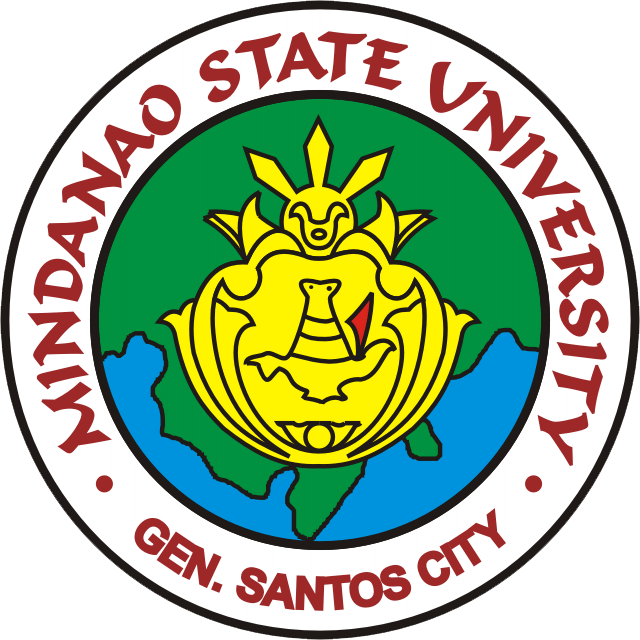Hydroponics has opened many opportunities for urban agriculture. It is a soilless method of cultivating plants that does not need vast farmland to grow food. It allows crops to be produced in greenhouses or even in the desert sands and the Arctic. Lettuce (Lactuta sativa) is one of the most common crops grown hydroponically. It is considered as one of the high value crops worldwide and most often served in restaurants. The demand for lettuce has increased in the recent times due to the trendy unli-Samgyupsal which is always served together with lettuce. The study was conducted to evaluate the growth and yield response of hydroponic cultured lettuce (Lactuta sativa) as influenced by different source of growth enhancers. The experiment was carried out using Completely Randomized Design (CRD) with 16" x 24" x 6" Styrofoam boxes with three (3) treatments and replicated four (4) times. Different nutrient solutions were used in this study such as: T1- Control (12L water + 30 mL SNAP A and B Solution), T2 - 12L water + 18mL Yamasaki Nutrient A & B Solution and T3 - 12L water + 500mL vermitea. The results revealed highly significant difference among the treatments. Treatment 2 (12L water + 18mL Yamasaki Nutrient Solution A & B Solution) has recorded the highest results in terms of number of leaves, length of leaves, length of roots, plant biomass and plant yield. T2 also gained the highest return of investment (ROI) of 5.29% and 88.71% for the 1st and 2nd cycle of production.
Author
ROCHELLE JOY LAYDA CATANIO
Abstract
SY
2021
Program
Bachelor of Science in Agriculture major in Agronomy
Department
Department: Agronomy
College
College: Agriculture
